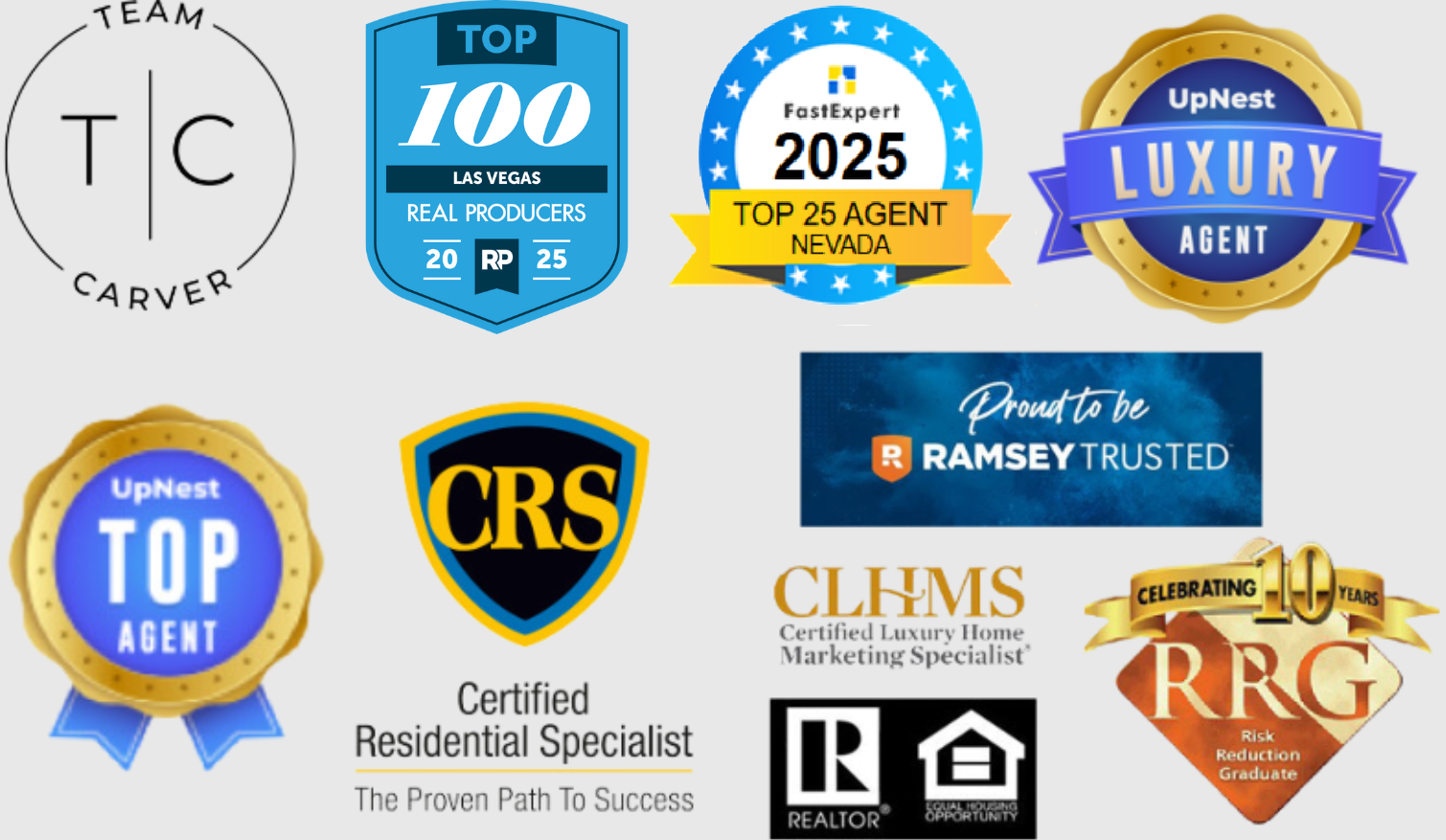What Are The HIDDEN Home Buying COSTS Nobody Warns You About?
The Hidden COSTS of BUYING a HOME – What Buyers Should Watch for
“You’ve got your dream home in sight, your budget mapped out, and you’re ready to make it happen… but have you planned for the hidden costs of buying a home? Because let me tell you—there’s more to homeownership than just your down payment and mortgage! But don’t stress—I’m here to walk you through the sneaky expenses most buyers don’t see coming, so you won’t be caught off guard. If you’ve been through this before, what’s one hidden cost that totally shocked you? Share it in the comments so we can help future buyers be better prepared!”
Hidden Cost #1: Closing Costs
Many buyers budget for the down payment but forget about closing costs. Closing costs typically include loan origination fees, title insurance, escrow fees, and several others. High interest rates have an impact as buyers are often paying points to buy down the rate.
Breakdown of Closing Costs:
Let’s start with loan fees: There is a Loan origination fee that the lender charges for processing your loan application which can range from 1/2% to 1% of the loan amount. For a $400,000 loan, this means $2,000 to $4,000.
The escrow fee is based on the sale price and commonly split 50/50 between the buyer and seller, they usually range from $500 to $2,500 for each party. Title insurance protects against losses due to title defects and generally costs between $1,000 and $3,000, depending on the property’s value.
A good rule of thumb is that buyer closing costs—when getting a loan—are usually around 3% of the purchase price. However, this number can be higher if you’re buying down your interest rate or covering additional fees.
Some sellers will negotiate closing cost assistance, but don’t bank on it! Always have a little extra set aside.
Hidden Cost #2: Home Inspections & Appraisals
Another major expense to factor in is the home inspection. Once your offer is accepted, you’ll enter the due diligence period, which is your window to get inspections done and ensure there aren’t any major issues with the home. Home inspections typically cost between $400 and $1,000, depending on the size and complexity of the property. If major issues pop up, you may need additional inspections (roof, foundation, termites, etc.), adding hundreds more.
Most lenders will require an appraisal to be completed for the home as part of the loan process. This is commonly a buyer fee and costs around $500 to $1000.
Never, ever skip an inspection just to save money—it could cost you thousands down the road!
Hidden Cost #3: HOA Fees
What Buyers Forget:
Now, let’s talk about HOA fees and special assessments, which are common in many Las Vegas communities.
Homeowners Association (HOA) fees are regular dues paid by residents in a community to cover landscaping, community gate or pool maintenance, security services and upkeep of shared spaces like parks and clubhouses.
The range of HOA fees can vary widely depending on the community and the amenities offered. On average, you might expect to pay anywhere from $100 to $300 per month. However, in luxury communities with extensive amenities, fees can go up to $500 or more per month. Additionally, some master planned communities have a master and sub association fee. I know of a couple of communities that have 3 HOA’s with separate fees. If you are considering a high rise, the fees can be very expensive but do include some of the utility bills such as the water bill.
I’ve had clients buy in a community they loved, only to realize later that the HOA fees made it way more expensive than they thought!
Hidden Cost #4: Moving Expenses & Immediate Repairs
Hiring professional movers can easily cost $1,000 or more for a local move, and if you’re relocating long-distance, the price can be thousands of dollars to move furniture across the country.
Once you’re in your new home, there are a few immediate costs you’ll likely face. Don’t forget about maintenance Costs and needed improvements: New homes will have newer appliances and systems but may need window coverings, rear yard landscaping and sometimes the refrigerator and washer and dryer are not included. Resale homes have these improvements but if the home is older, they may need updating or replacing of old appliances. AC or hot water heater! Make sure you plan a budget for unexpected items or improvements you need to complete in the future.
Always set aside an ‘Oh No’ fund for those first few weeks in your new home—you’ll be glad you did!
Hidden Cost #5: Utility Setups & Monthly Bills
Now on to utility costs and efficiency considerations, which are also important factors when buying a home in Las Vegas.
Utility costs in Las Vegas can vary, but it’s crucial to be aware of a few key areas, particularly water and power. Due to the desert climate, water usage can be high, especially for landscaping. Water rates can range depending on usage and the local water district but expect to pay around $100 to $300 per month for an average household.
Electricity costs can also be significant, especially during the summer months when air conditioning is essential. The average monthly electric bill in Las Vegas is about $200, but during peak summer months, it can rise to $500 or more depending on the size and efficiency of your home.
Hidden Cost #6: Homeowners Insurance & Mortgage Insurance
Homeowners insurance is required by lenders and can range from $800-$2,500 per year.
If your down payment is less than 20%, you’ll likely have private mortgage insurance (PMI), which can add $100-$300 per month.
Many buyers forget to shop around for homeowners’ insurance and end up paying way more than they need to!
How to Budget for These Hidden Costs
Adequate cash reserves can also come in handy if you need to cover the cost of unexpected repairs that your insurance won’t cover, or that is insufficient to meet the policy deductible.
I am a big Dave Ramsey fan. Start with a $1,000 emergency fund so an unexpected item comes up you won’t be forced to charge up credit cards and put yourself in a bad position. Then most experts, like Dave recommend having at least three to six months of core household expenses in an emergency fund. If you don’t have this amount in reserves on hand before buying a home, focus on building up your cushion sooner rather than later to avoid problems if your income is reduced or something happens.
Work with your lender and realtor to get a full cost breakdown before making an offer. The key to stress-free home buying is expecting these hidden costs and being financially ready for them!
Thinking about buying a home in Las Vegas? I’d love to help you navigate the process and avoid any surprises. Reach out anytime!



